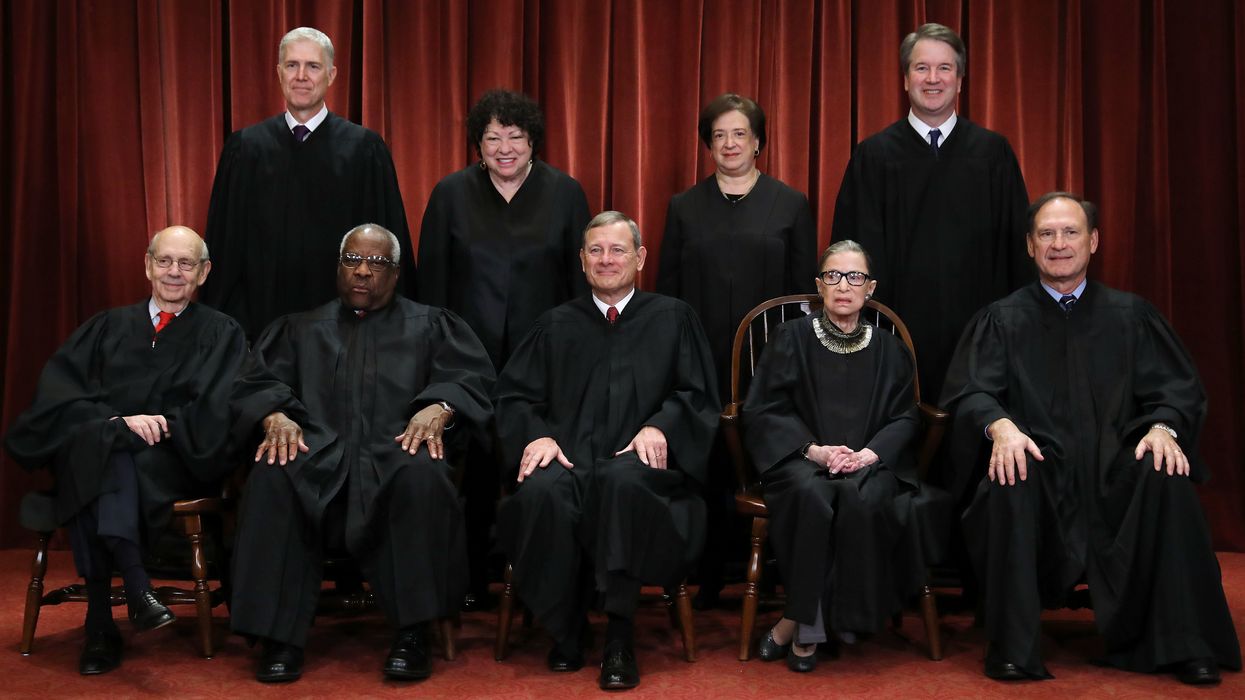Supreme Court justices should be covered by a written code of conduct and should publicly disclose their own finances and those instances when they recuse themselves from cases.
That was the general view of several expert witnesses at a House Judiciary subcommittee hearing Friday.
"Our courts must be fair and impartial," said Democrat Hank Johnson of Georgia, who chaired the meeting of the panel that oversees the federal court system. "But also, our courts must appear to be fair and impartial."
Johnson has introduced legislation that would require the Judicial Conference of the United States to write a code for the Supreme Court. Judges on the federal trial courts and appeals courts are covered by written rules for ethical behavior, but the justices have long resisted adopting one for themselves. They say it would be unnecessary, and unconstitutional if imposed on them by Congress.
The Johnson bill has 51 co-sponsors, all Democrats. Similar language, however, was included in HR 1, the comprehensive government reform bill House Democrats passed along party lines this spring. But HR 1 has no future in the Republican-controlled Senate.
Johnson, the other Democrats on his panel and the witnesses he called agreed that greater ethical transparency is needed to boost the reputation of the court.
The most recent Gallup poll on public attitudes toward the Supreme Court found 51 percent approval and 40 percent disapproval. That was in September 2018, just as the Brett Kavanaugh confirmation hearings were calling the moral standing of the justices and their commitment to nonpartisanship into question. But the approval ratings were not much different from surveys in the previous decade.
Chief Justice John Roberts has said a code for the court is unnecessary because the justices already consult a variety of sources when considering the ethical concerns related to cases. The other argument is that having the legislative branch impose rules on the judiciary would violate the Constitution's separation of powers.
But professor Amanda Frost of American University, an expert on judicial ethics, testified in favor of a mandated code because the conduct of several justices has clearly violated the standards for other federal judges. She noted that the late Justice Antonin Scalia and Justice Clarence Thomas both spoke at fundraisers for the Federalist Society, a conservative legal group, while Justice Ruth Bader Ginsburg has been openly critical of President Donald Trump.
Gabe Roth, executive director of the advocacy group Fix the Court, testified that the government should publish online the financial disclosure forms that justices are required to fill out, instead of his group having to obtain them and publish them on its website.
One lawmaker raising concerns was Republican Martha Roby of Alabama, who said the additional transparency being proposed might put justices in physical danger. She cited the 1989 assassination in Alabama of a veteran federal appeals court judge, Robert Smith Vance, killed when he opened a mail bomb at his home.
"These security concerns are not hypothetical," Roby said.




















